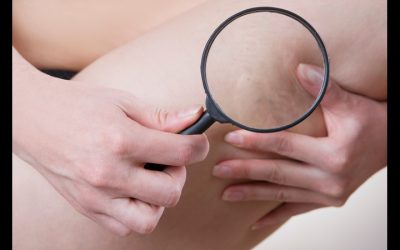Effective patient education is an essential component of modern healthcare. As medical information becomes increasingly complex, ensuring patients fully understand their diagnoses, treatment options, and aftercare instructions is more important than ever. One innovative approach making a significant difference is the use of Medical Videography Boulder CO. By incorporating professional video content into patient education, healthcare providers can bridge communication gaps and empower patients to make informed decisions about their health.
The Power of Visual Communication in Healthcare
Traditional patient education methods—such as pamphlets, verbal instructions, and static images—often fall short in delivering clear, memorable information. Many patients leave appointments feeling overwhelmed or uncertain about next steps. Visual learning tools, especially professionally produced medical videos, offer a dynamic alternative. Videos can illustrate complex procedures, explain medical terminology, and demonstrate self-care techniques in ways that are accessible and engaging.
Research has shown that people retain information better when it is presented visually and audibly. Medical videography enables healthcare professionals in Boulder, CO, to deliver consistent, high-quality explanations that patients can revisit at their convenience. This approach not only improves comprehension but also reduces anxiety by demystifying medical processes.
Key Benefits of Medical Videography for Patient Education
Medical videography offers several advantages that address common challenges in healthcare communication:
- Clarity and Consistency: Videos ensure every patient receives the same clear message, minimizing misunderstandings due to time constraints or language barriers during appointments.
- Improved Retention: Visual content helps patients remember instructions and follow care plans more accurately.
- Accessibility: Videos can be paused, replayed, and shared with family members, making healthcare information more accessible to a wider audience.
- Engagement: Well-produced videos are more engaging than printed materials, encouraging patients to take an active role in their healthcare.
- Customization: Content can be tailored to specific procedures, conditions, or patient populations, ensuring relevance and effectiveness.
Applications of Medical Videography in Boulder, CO
The versatility of medical videography makes it suitable for various healthcare settings, including hospitals, clinics, private practices, and community health organizations. Some common applications include:
- Pre- and Post-Procedure Instructions: Videos can walk patients through what to expect before, during, and after medical procedures, reducing confusion and improving outcomes.
- Chronic Disease Management: Educational series can guide patients in managing conditions like diabetes, asthma, or heart disease, supporting long-term wellness.
- Medication Administration: Demonstrations of proper medication use can prevent errors and enhance adherence.
- Wellness and Preventive Care: Videos promoting healthy lifestyles, vaccination information, and routine screenings encourage proactive health management.
Enhancing Patient-Centered Care
Integrating medical videography into patient education strategies aligns with the broader goal of patient-centered care. When patients understand their health information, they are more likely to participate in shared decision-making, adhere to treatment plans, and experience better health outcomes. Moreover, videos can be adapted for different learning styles, literacy levels, and languages, making healthcare more inclusive.
Healthcare providers in Boulder, CO, who leverage medical videography are at the forefront of a shift toward clearer, more effective healthcare communication. By investing in high-quality video content, these professionals demonstrate a commitment to transparency, patient empowerment, and improved community health.
In summary, medical videography is transforming patient education by making complex information accessible, memorable, and actionable. As healthcare continues to evolve, embracing this technology will be key to fostering stronger provider-patient relationships and achieving better health outcomes for all.


